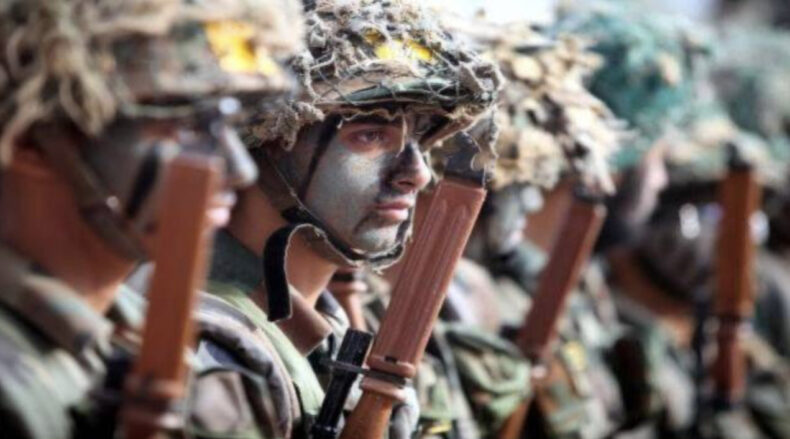Recently declassified documents from the Ministry of External Affairs shed light on the significant military cooperation between France and Pakistan in the decades following Independence. These documents reveal a lengthy list of French arms supplied to Pakistan, ranging from fighter bombers and submarines to helicopters and naval aircraft. The extent of their relationship was so strong that Pakistan had even placed an order for three supersonic Concorde aircraft, with the deal being financed by Italy. However, the declassified records also disclose unease within the Indian government regarding this growing alliance.
French Arms Supplies and Unease:
Archived documents highlight the concerns expressed by the Ministry of External Affairs regarding the increasing military cooperation between France and Pakistan. As early as June 7, 1970, the Indian Ambassador in Paris informed the government that France intended to sell 30 Mirage V aircraft to Pakistan. The documents reveal that a significant portion of French exports comprised weaponry, making it unlikely for the French government to alter its policy. In a report issued in February 1974, it was stated that around 25% of France’s exports were connected to armaments, and the French government was unable to alter this policy due to financial constraints.
Pakistan’s Ambitions:
The documents further reveal that the Pakistani government had submitted a list of missiles and naval craft they wished to acquire. In 1971, Pakistan inquired about purchasing eight Atlantique maritime reconnaissance aircraft. There were also reports of Pakistan planning to collaborate with France for the assembly and manufacture of aircraft spares. Pakistan aimed to leverage the French arms supplies to establish itself as a hub for the manufacturing, maintenance, and support of French military equipment in the Middle East.
Indian Intelligence Assessment:
The declassified records include a detailed assessment by Indian Intelligence on France-Pakistan relations. The intelligence summary noted that the cooperation between the two nations in the arms trade in the Gulf region was driven by their separate motivations and interests. The French sought to increase the sale of their latest weaponry in exchange for assured oil supplies on a medium to long-term basis, primarily driven by balance-of-payment exigencies.
Brigadier Gill’s Philanthropic Gesture in Mizoram:
In a separate development, Brigadier BS Gill (retd), a Vir Chakra recipient of the 1971 Indo-Pak war, made headlines recently for his philanthropic act in the northeastern state of Mizoram. He travelled from Punjab to the remote area of Diltlang in Mizoram’s Lawngtlai district to donate a Bolero camper to be used for healthcare purposes by the villagers. This gesture was made on the occasion of his late wife’s birthday, who passed away earlier this year. Additionally, Brigadier Gill contributed Rs 50,000 for purchasing medicines.
Personal Connection to Mizoram:
Brigadier Gill shared that his association with the people of Mizoram ran deep. Not only had he served in the area during his military career, but his father had also worked in the Mizo hills in the mid-1950s as a military contractor involved in road construction and infrastructure development. The villagers expressed their gratitude and respect for Brigadier Gill and his family by traditionally carrying him, honouring their service to the state and the village.
The declassified documents from the Ministry of External Affairs provide valuable insights into the extensive military cooperation between France and Pakistan in the post-Independence era. The arms trade and technology transfer between the two nations raised concerns within the Indian government. Meanwhile, Brigadier Gill’s noble act of donating a vehicle to the villagers of Mizoram demonstrates the lasting impact of personal connections and the gratitude bestowed upon individuals who have served the community.













